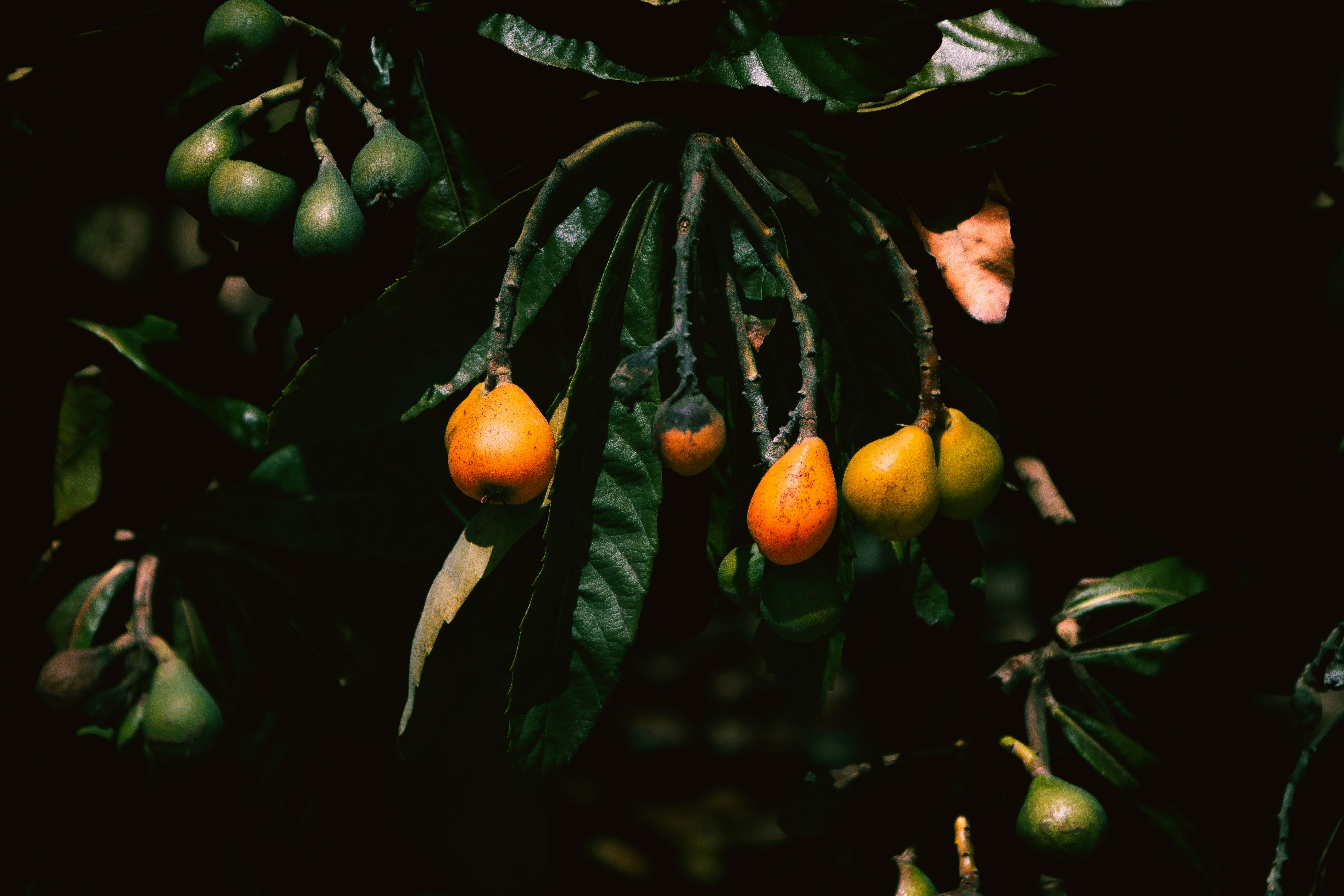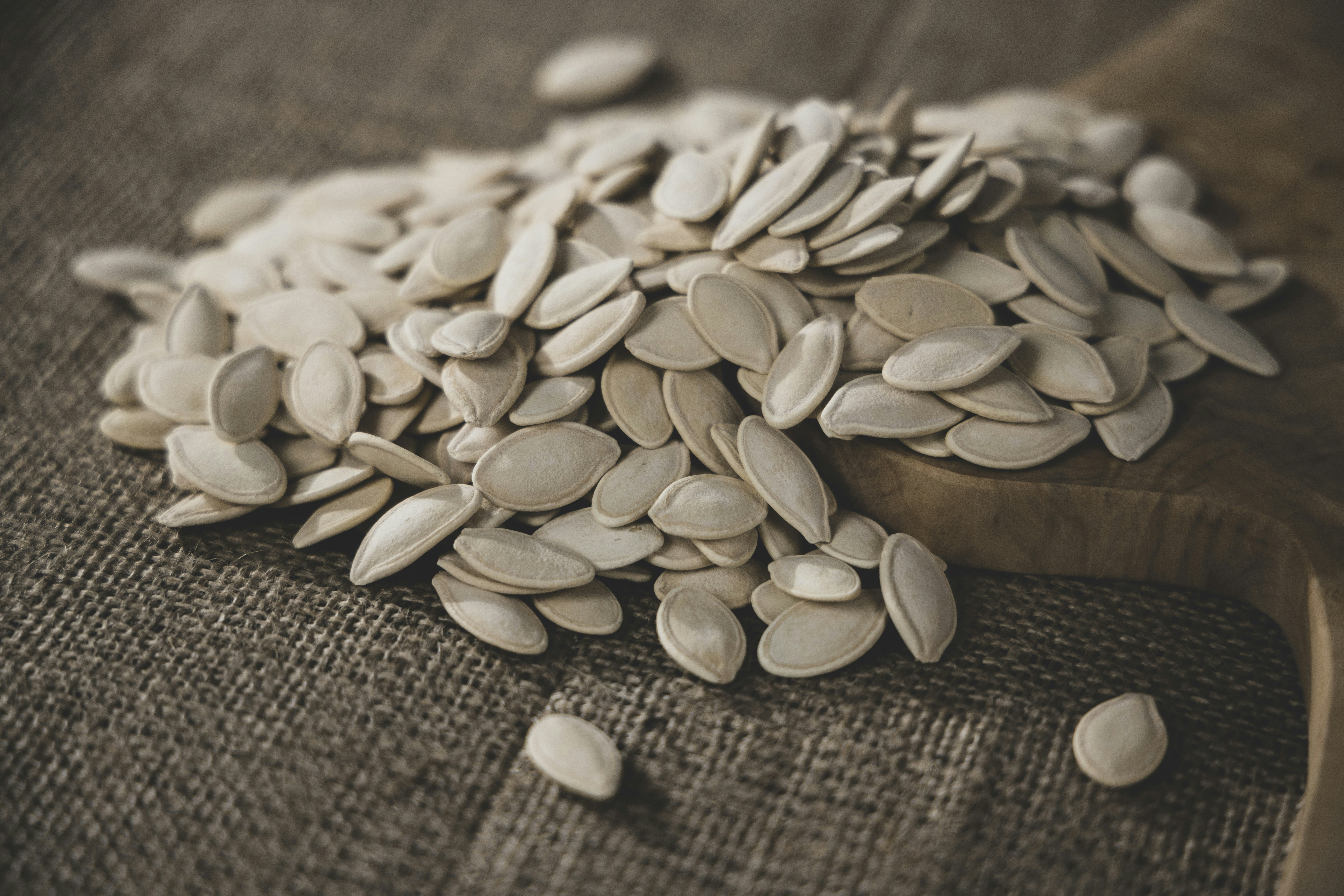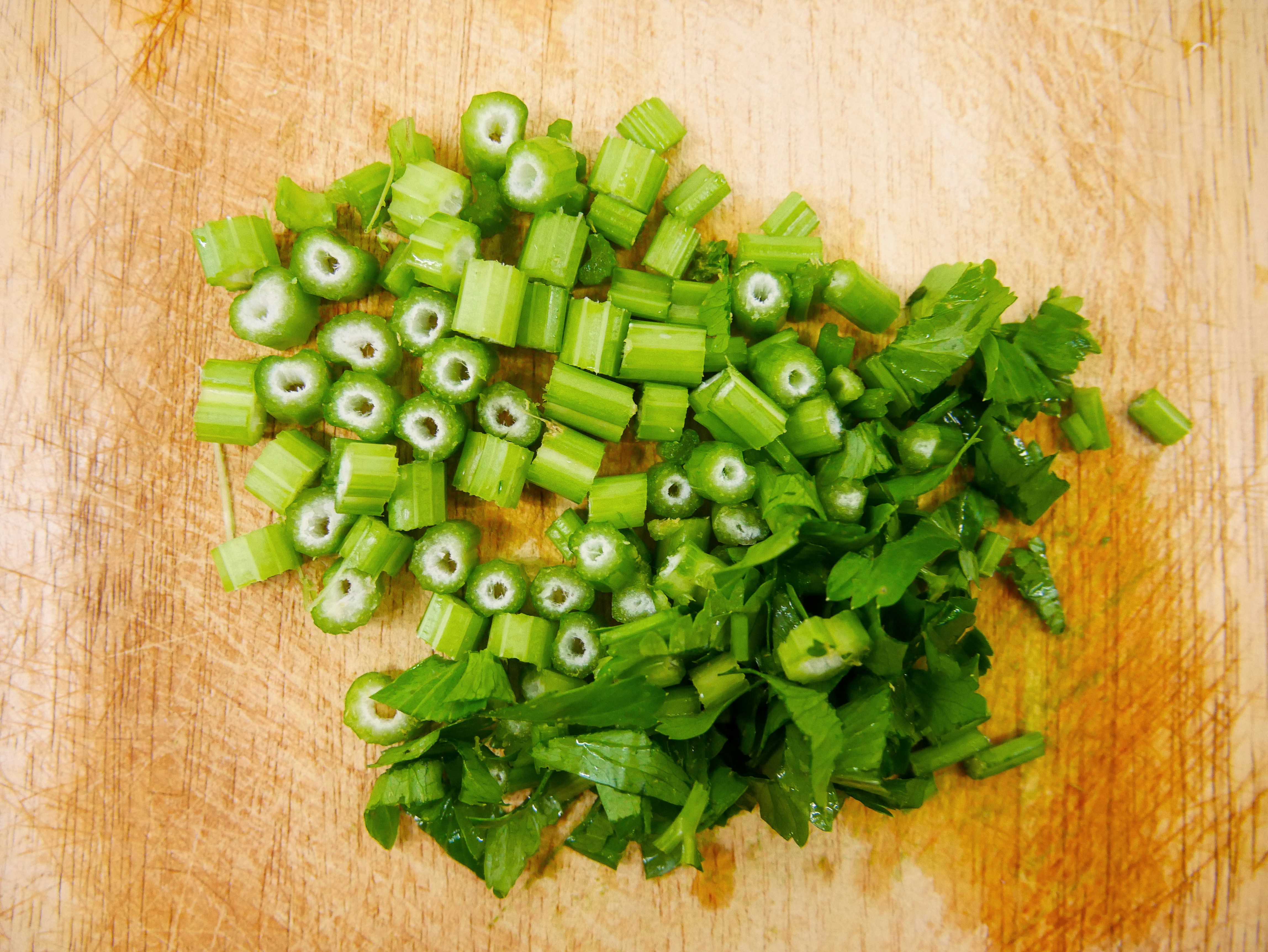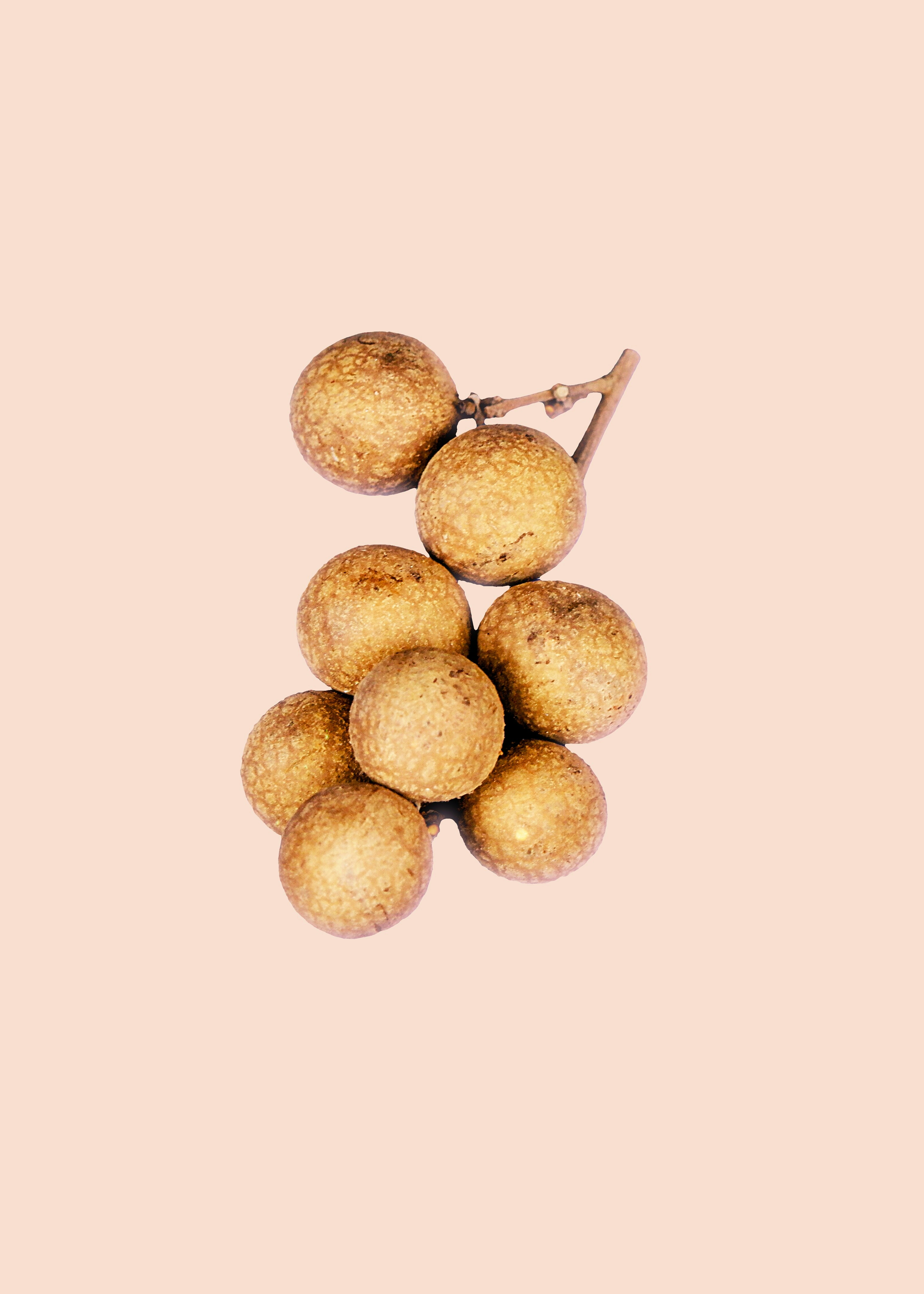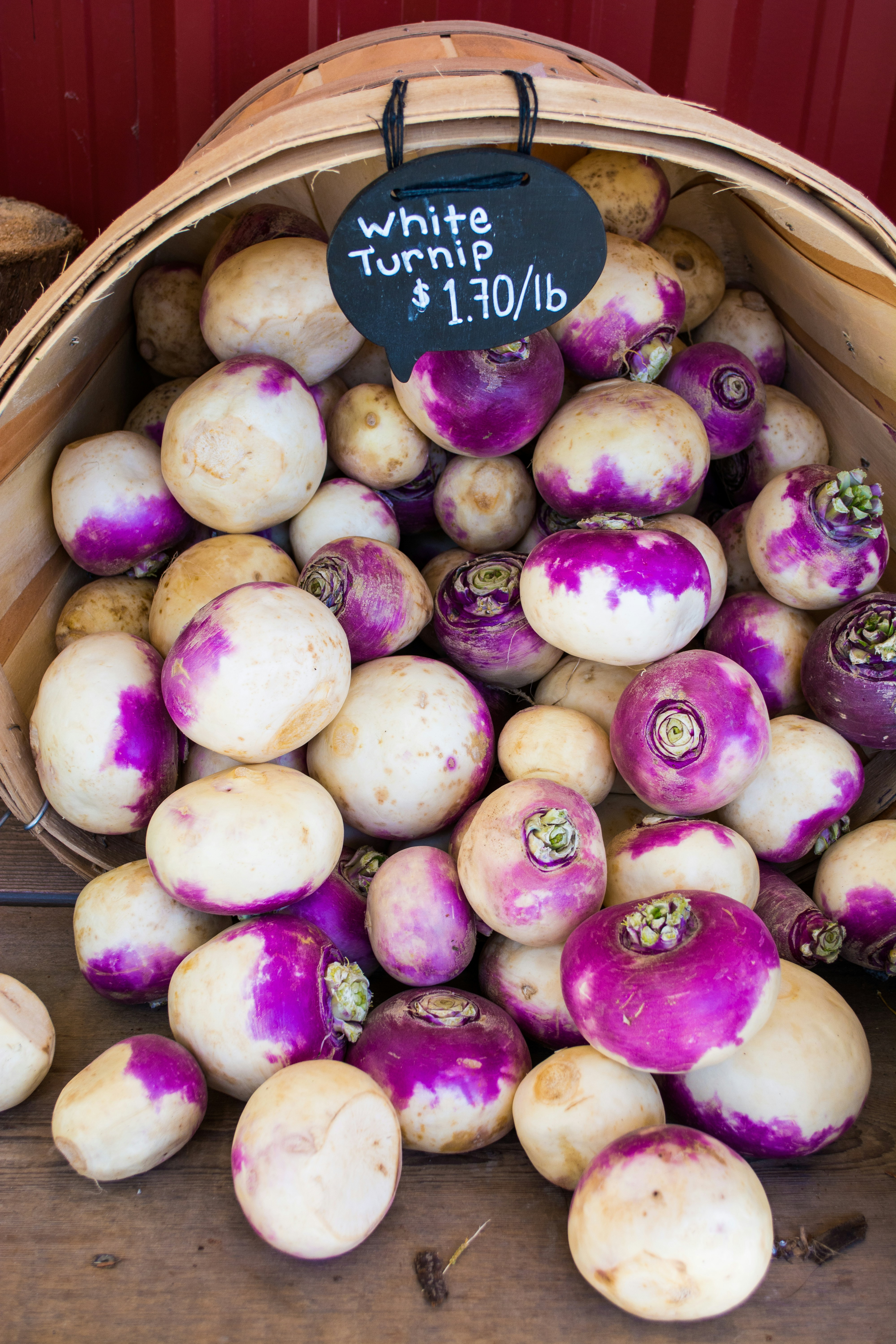
Javaplum, also known as Jamun, Black Plum, or Indian Blackberry, is a delicious fruit that comes from the Javaplum tree. This evergreen tree can reach an impressive height of up to 95 feet and is characterized by its shiny leaves and rough, scattered bark. The fruit of the Javaplum tree, known as jamun, is renowned for its juicy and stained pulp, which offers a delightful combination of mildly sour and astringent flavors. It is important to note that the fruit usually contains a large seed.
Not only is Javaplum a tasty treat, but it is also consumed in various ways. Many people enjoy eating Javaplum fresh, savoring its sweet or slightly acidic taste. Additionally, Javaplum is used to create sauces, jams, sorbets, syrups (such as black sour), juices, jellies, and desserts. Its versatility in the culinary world makes it a popular choice for adding a unique twist to a variety of dishes.
The Health Benefits of Javaplum
Beyond its delicious taste and culinary uses, Javaplum also offers several health benefits. Let’s explore some of the key advantages of incorporating Javaplum into your diet:
1. Rich in Antioxidants
Javaplum is packed with antioxidants, which are compounds that help protect the body against harmful free radicals. Free radicals can cause oxidative stress, leading to cellular damage and an increased risk of chronic diseases. The antioxidants found in Javaplum help neutralize these free radicals, promoting overall health and well-being.
2. Supports Digestive Health
The high fiber content in Javaplum makes it an excellent choice for promoting digestive health. Fiber aids in maintaining regular bowel movements, preventing constipation, and supporting a healthy gut. Including Javaplum in your diet can help improve digestion and prevent digestive issues.
3. Manages Blood Sugar Levels
Research suggests that Javaplum may have a positive impact on blood sugar control. It has a low glycemic index, which means it does not cause a rapid spike in blood sugar levels. This makes it a suitable fruit for individuals with diabetes or those looking to manage their blood sugar levels.
4. Boosts Immune System
Javaplum is a good source of vitamin C, an essential nutrient for a healthy immune system. Vitamin C helps strengthen the immune system, making it more capable of fighting off infections and diseases. Including Javaplum in your diet can help enhance your body’s natural defense mechanisms.
5. Supports Heart Health
The antioxidants and fiber present in Javaplum contribute to heart health. Antioxidants help reduce the risk of heart disease by preventing the oxidation of cholesterol, while fiber helps lower cholesterol levels and maintain healthy blood pressure. By incorporating Javaplum into your diet, you can support a healthy cardiovascular system.
6. Aids Weight Management
Due to its low calorie and high fiber content, Javaplum can be a beneficial addition to a weight management plan. The fiber helps promote feelings of fullness, reducing the likelihood of overeating. Additionally, the natural sweetness of Javaplum can satisfy cravings for sugary treats without adding excessive calories.
How to Incorporate Javaplum into Your Diet
Now that you’re aware of the numerous health benefits Javaplum offers, you may be wondering how to include it in your daily diet. Here are some simple and delicious ways to enjoy this versatile fruit:
1. Fresh Javaplum
Enjoy Javaplum as a refreshing snack on its own. Simply wash the fruit, remove the seed, and savor its natural sweetness. You can also sprinkle a pinch of salt or chaat masala for a tangy twist.
2. Javaplum Jam or Sauce
Transform Javaplum into a delectable jam or sauce. Simmer the fruit with sugar and a squeeze of lemon juice until it thickens. This homemade jam or sauce can be enjoyed on toast, pancakes, or as a topping for yogurt and ice cream.
3. Javaplum Juice or Sorbet
Extract the juice from Javaplum and enjoy it as a refreshing beverage. You can also freeze the juice to create a delightful Javaplum sorbet. These options are perfect for hot summer days or as a healthy dessert alternative.
4. Javaplum Salad
Add sliced Javaplum to your favorite salad for a burst of flavor. Its unique taste pairs well with greens, nuts, and a light vinaigrette dressing. Experiment with different combinations to create a salad that suits your taste preferences.
5. Javaplum Chutney
Create a tangy and flavorful Javaplum chutney by blending the fruit with spices such as cumin, ginger, and chili. This versatile chutney can be enjoyed with snacks, sandwiches, or as a condiment with main dishes.
Remember to wash Javaplum thoroughly before consuming and opt for organic varieties whenever possible to minimize exposure to pesticides.
Conclusion
Javaplum, also known as Jamun, Black Plum, or Indian Blackberry, is a versatile fruit with a unique taste and numerous health benefits. Whether you enjoy it fresh, as a sauce or jam, in a juice or sorbet, or incorporated into various dishes, Javaplum is sure to add a delightful twist to your culinary creations. With its rich antioxidant content, support for digestive health, blood sugar management, immune system boosting properties, heart health benefits, and aid in weight management, Javaplum is a fruit worth including in your diet. Explore the various ways to incorporate Javaplum into your meals and experience the goodness it has to offer.
Javaplum: A Versatile Fruit with Health Benefits
The Fascinating World of Loquat: A Delicious and Nutritious Tree Fruit
The Fascinating World of Celery: A Versatile and Flavorful Plant
The Nutritional Benefits of Dried Roasted Pumpkin Seeds
The Benefits and Disadvantages of Consuming Raw Jackfruit


